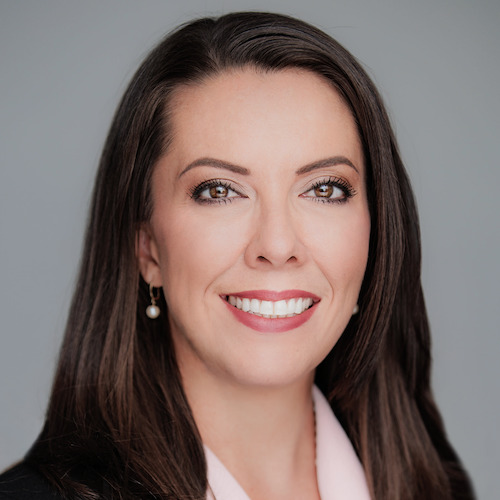
As operators, we’re used to juggling staffing with service delivery and profit margins. Today, it’s a strategic imperative.
Amid constant pressures to recruit and retain talent, it’s shocking to learn the workforce crisis is worsening. Operators everywhere go to work each day wondering what we should do differently to stop what many say is the most significant challenge facing the industry today.
In its recent white paper, “Vision for Professionalizing the Caregiving Workforce,” LeadingAge reimagined a senior living and care workforce that mirrors professionals in other industries, fortified and sustained by competency training, wages and benefits, career advancement opportunities, respect and appreciation.
As we wait for legislators to provide reform and relief, many of us are taking immediate action by engendering the appreciation so deserved by our frontline workers.
Employee recognition and esteem needs
We’ve all heard of Maslow’s Hierarchy of Needs. Defined by researchers as a motivational factor to building self-esteem, the desire to be respected falls on the fourth level of Maslow’s hierarchy.
As children, we looked to our parents for approval. As adults, it is very much in our (human) nature to crave feedback and recognition. The same motivational factors exist in the workplace. Whether their pay is hourly or salary, engaging the members of our workforce and making them feel valued is key to job satisfaction.
Recognizing workforce contributions can be a significant value driver. Sonata Senior Living, for example, recently launched a program called Sonata S-T-A-Rs. The company honors select staff members each month by highlighting a commitment to its core values of Service, Teamwork and Respect. Stars are nominated by peers and showcased on the website, social media and other marketing platforms to recognize and motivate team members.
Career development and self-actualization needs
Driven by an innate desire to live up to our learning potential, people never truly stop seeking professional growth. At the top of Maslow’s pyramid are human needs associated with self-actualization. Nurturing your natural talents, continuing education and skill development are ways we can fulfill this core need.
So, too, does a workforce need nurturing by ongoing investment in training and career development. Sonata Senior Living, for example, supports onboarding using the ROCK model of training, encouraging team members to read, observe, collaborate and know. The process ensures that new team members feel confident through job shadowing and mentoring while developing the leadership skills of their coworkers.
Technology and safety needs
The desire to feel safe is part of being human and another need on Maslow’s hierarchy. Part of feeling safe requires personal and professional security, yet for multi-property providers, nurturing relationships with hundreds or thousands of employees is a daunting task. Tapping the latest in technology solutions can help bridge the gap in communications.
Digital technology has made it possible to reconnect management to the frontline, creating a conduit for meaningful communication when human connection is not feasible. When efforts to demonstrate respect and appreciation through traditional means fall short, employee retention technologies aimed at engaging and empowering the workforce work well to improve the employee experience. Like many operators, Sonata Senior Living has adopted more sophisticated learning experience platforms to affect positive changes in the workplace and reduce turnover.
Those human needs that form the basis for behavioral motivation as Maslow first theorized have just as much relevance in human resources practices as they do the field of psychology. But at the end of the day, any program that focuses on peer-recognition and engagement can motivate employees, not only during the critical first few months, but well beyond. After all, we all deserve recognition.
Each of us has gone above and beyond the call of duty, facing challenges we never dreamed possible a few years ago. Illuminating the contributions and commitment of staff is the least we can do to demonstrate our appreciation, because without them, we could not exist.
Jamie Merrill is chief operating officer of Sonata Senior Living and a 2022 McKnight’s Women of Distinction Rising Star honoree.
The opinions expressed in each McKnight’s Senior Living guest column are those of the author and are not necessarily those of McKnight’s Senior Living.
Have a column idea? See our submission guidelines here.




